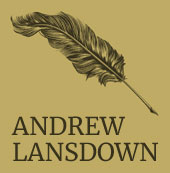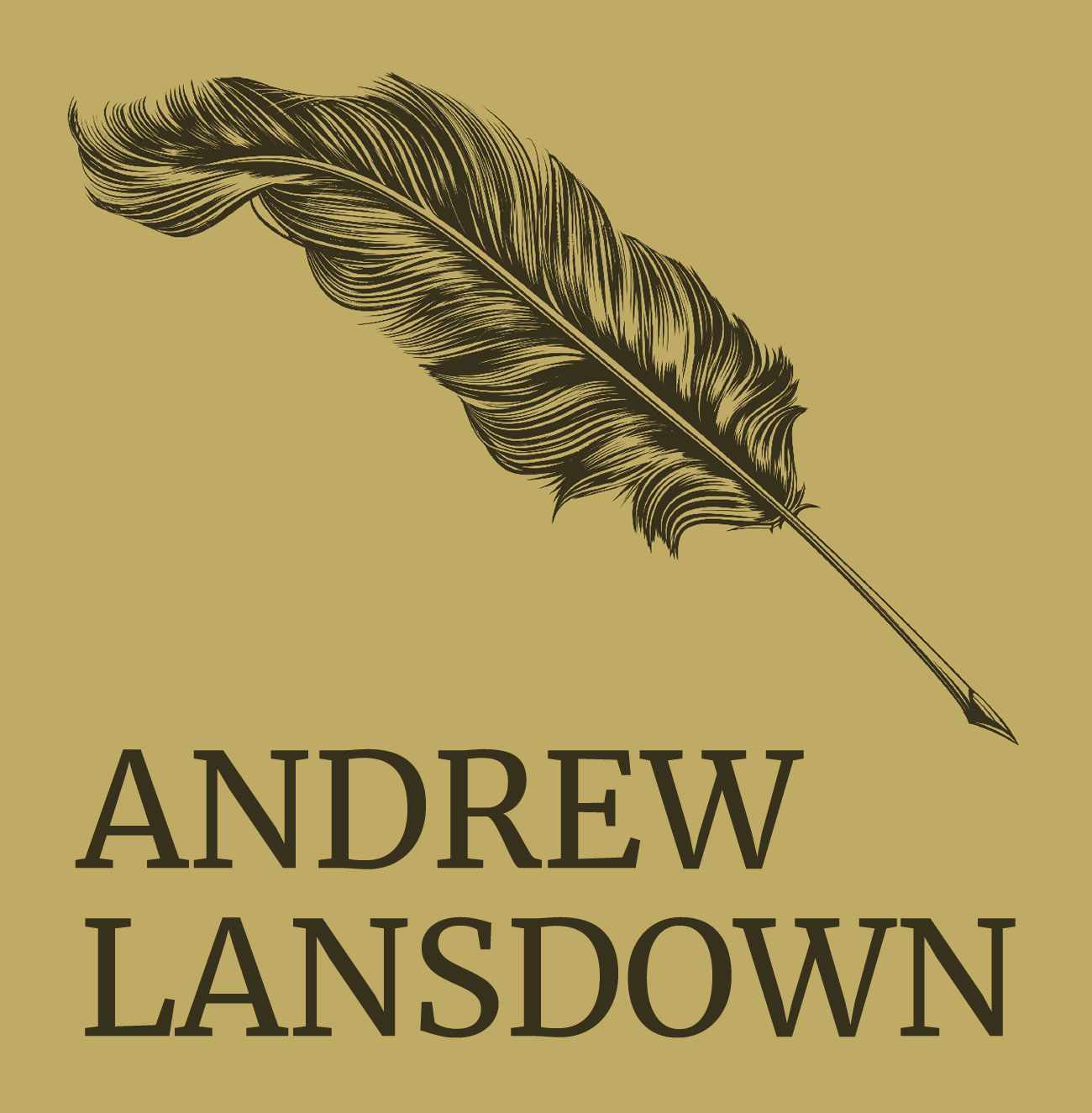Four poems by James McAuley:
1. Pieta
2. At a Child’s Grave
3. Retreat
4. Because – with a critique by Geoff Page
.
Pieta
A year ago you came
Early into the light.
You lived a day and night,
Then died; no one to blame.
Once only, with one hand,
Your mother in farewell
Touched you. I cannot tell,
I cannot understand
A thing so dark and deep,
So physical a loss:
One touch, and that was all
She had of you to keep.
Clean wounds, but terrible,
Are those made with the Cross.
James McAuley
.
.
.
At a Child’s Grave
A sky contused and rifted like a wound:
Red-amber gum exudes from the dark tree;
A long day’s dying. Small anatomy
Locked in this nameless grave’s neglected mound,
You wait for nothing now but that wild sound
Of trumpets blowing doom and jubilee.
And if it came this instant, where would I flee,
Where hide my terror in the gaping ground,
What crack, what rift, what gulf would shelter me
And close me over never to be found
When the last hopeless wish is, not to be?
But little child you’d rise, and walk around,
And have a name again; beneath the tree
Of life you’d sit, with beams of glory crowned.
James McAuley
.
.
.
Retreat
Come unto yourself a while,
Be deaf to outer cares;
Ask not who wins, who falls, who rages,
Or what each doubtful sign presages,
Or what face treachery wears.
Soon you must return to tasks
That sicken and appal:
The calumnies will never cease,
Look only to the sign of peace,
The Cross upon the wall.
This is that sole instrument
That measures every chart;
This square and level overrules
The subtle calculus of fools
By a celestial Art.
It is not said we shall succeed,
Save as His Cross prevails:
The good we choose and mean to do
Prospers if He wills it to,
And if not, then it fails.
Nor is failure our disgrace:
By ways we cannot know
He keeps the merit in his hand,
And suddenly, as no-one planned,
Behold the kingdom grow!
James McAuley
.
.
.
Because
My father and my mother never quarrelled.
They were united in a kind of love
As daily as the Sydney Morning Herald,
Rather than like the eagle or the dove.
I never saw them casually touch,
Or show a moment’s joy in one another.
Why should this matter to me now so much?
I think it bore more hardly on my mother,
Who had more generous feelings to express.
My father had dammed up his Irish blood
Against all drinking praying fecklessness,
And stiffened into stone and creaking wood.
His lips would make a switching sound, as though
Spontaneous impulse must be kept at bay.
That it was mainly weakness I see now,
But then my feelings curled back in dismay.
Small things can pit the memory like a cyst:
Having seen other fathers greet their sons,
I put my childish face up to be kissed
After an absence. The rebuff still stuns
My blood. The poor man’s curt embarrassment
At such a delicate proffer of affection
Cut like a saw. But home the lesson went:
My tenderness thenceforth escaped detection.
My mother sang Because, and Annie Laurie,
White Wings, and other songs; her voice was sweet.
I never gave enough, and I am sorry;
But we were all closed in the same defeat.
People do what they can; they were good people,
They cared for us and loved us. Once they stood
Tall in my childhood as the school, the steeple.
How can I judge without ingratitude?
Judgment is simply trying to reject
A part of what we are because it hurts.
The living cannot call the dead collect:
They won’t accept the charge, and it reverts.
It’s my own judgment day that I draw near,
Descending in the past, without a clue,
Down to that central deadness: the despair
Older than any hope I ever knew.
James McAuley
A Critique of “Because” by Geoff Page
James McAuley (1917-1976) was a controversial figure in Australian poetry, politics and culture. He was one of the two hoaxers in the Ern Malley affair (1944) and later a founder of Quadrant magazine. While many people are still arguing about the man thirty years after his death, there are few who dispute the merits of his best poems. Among these certainly is ‘Because’ from his collection, Surprises of the Sun (1969).
Although McAuley was a Catholic convert (or perhaps because of that), ‘Because’ is a classic statement of ‘secular protestantism’, a widely prevalent belief system in Australia, especially among those who grew up in the shadow of two world wars and the great depression of the 1930s. It’s all about restraint, duty, self-discipline and repeated patterns. Sometimes it’s called ‘strength of character’ but McAuley correctly sees that, in his father’s case (and perhaps in many others), it was ‘mainly weakness’. Of course, McAuley, in this explicitly autobiographical poem, cannot escape it himself either — for all of his Catholicism: ‘How can I judge without ingratitude?’ ‘We were all closed in the same defeat’.
It is paradoxical, then, that out of such a ‘defeat’ McAuley has wrought the triumph of this poem. It’s a triumph not only of technique (with its seemingly effortless abab iambic pentameter quatrains, so beloved by Australian poets of his generation) but of tone. McAuley has caught the exact resonance of the world view he’s describing: its greyness, its dryness, its extraordinary containment. A love as ‘daily as the Sydney Morning Herald’ is just the first of its features. Not for these people the soaring of the eagle or the cooing of doves.
In the poem’s final stanza this bleakness becomes unbearable: ‘Descending in the past, without a clue, / Down to that central deadness: the despair / Older than any hope I ever knew’. Written by a Catholic, supposedly certain of resurrection, these lines seem even more depressing — but they are also deeply convincing. A miserable childhood is not easily recovered from.
Of course, McAuley does more than offer merely tone as an explanation for the way things were. He understands only too well his father’s reaction to ‘drinking praying fecklessness’ and how damaging such behaviours often were in the ‘Irish blood’ in which protestants of the period thought they were so prevalent. The tragedy is that such caution and good sense led, not to something like the eagle or the dove, but merely to ‘stone and creaking wood’. This stiffness is shown most memorably in the poem’s central episode where the young boy is refused his father’s kiss. Note, too, in passing, the brutal rhyme of ‘kissed’ with ‘cyst’. We see from this that yet another lifetime of containment will follow. ‘My tenderness thenceforth escaped detection’.
It’s important to note that, although McAuley is more sympathetic to his mother (on whom ‘it bore more hardly’), he does not unreasonably blame his father. ‘People do what they can; they were good people, / They cared for us and loved us.’ And, in any case, what would be the point? ‘The living cannot call the dead collect’. The fact remains, however, that the poet is still ‘Descending … to that central deadness’. There seems to be no escape, despite what we may know of the poet’s life and beliefs from outside the poem.
Other factors in the triumph of ‘Because’ are its conversational leisureliness and its sincerity. McAuley seems almost to be musing to himself — or, perhaps more accurately, confiding to a trusted friend about the limitations of his childhood and their permanent impact. The poem starts with a plain statement (‘My mother and my father never quarrelled’) and continues with several others (‘I never saw them casually touch’, ‘I never gave enough, and I am sorry’ etc). McAuley is in no hurry. He is going to give us all the relevant information in his own time, using his leisurely pentameters rather than anything shorter or tighter.
Conversely, however, he is also going to display the same self-discipline with his abab rhyme scheme that his parents imposed on themselves. There are, admittedly, some half-rhymes here and there but, in a way, these serve perversely to remind us of the rigidity of the others. It’s only fair, after all, that the son of a father who ‘dammed up his Irish blood’ should allow himself a few half-rhymes.
It’s interesting, too, to see how the abab rhyme scheme seems to strengthen the way everything (all this ‘stone and creaking wood’) fits into place. The poem does not have the light, satirical touch of Pope or Swift with their aa, bb, cc couplets. Nor does it have the exalted license of Walt Whitman with his free verse. It is something shaped into just the right degree of containment to suggest the beliefs of the two (or three?) people at the poem’s core.
And one can’t close, of course, without noting the irony in the poem’s title. At one level it’s a song title but it also has something of young children’s refusal to explain when they, on being asked why they misbehaved, just say ‘because …’. But, on the other hand, the whole poem is also an explanation of why the poet is the way he is — proceeding ‘Down to that central deadness’ — and why his father before him had ‘stiffened into stone’. It’s a further irony that nothing can be done with such knowledge anyway — but there is surely a sense in which we are better off for having had the realisation. Philosophers, theologians and historians have all written books about ‘secular protestantism’ (giving it one name or another) but no one has reduced it to its essence as powerfully and poignantly as James McAuley does in this poem.
This essay by Geoff Page is from his book 80 Great Poems from Chaucer to Now (University of New South Wales Press, 2006) and is reproduced on andrewlansdown.com by kind permission of the author.

